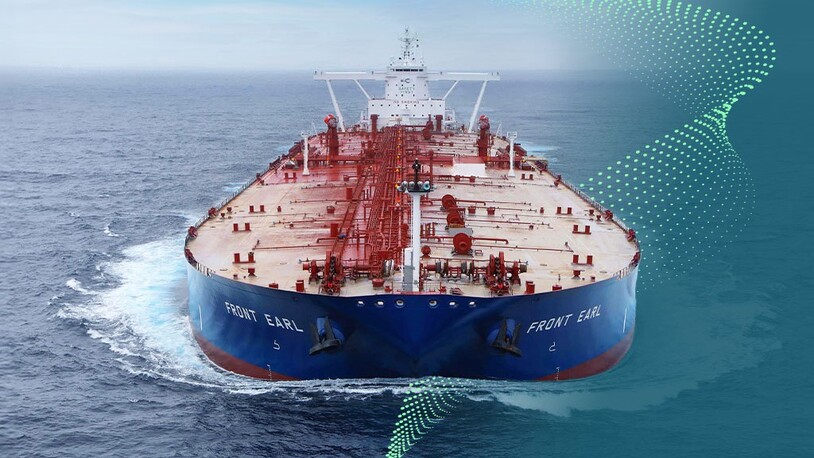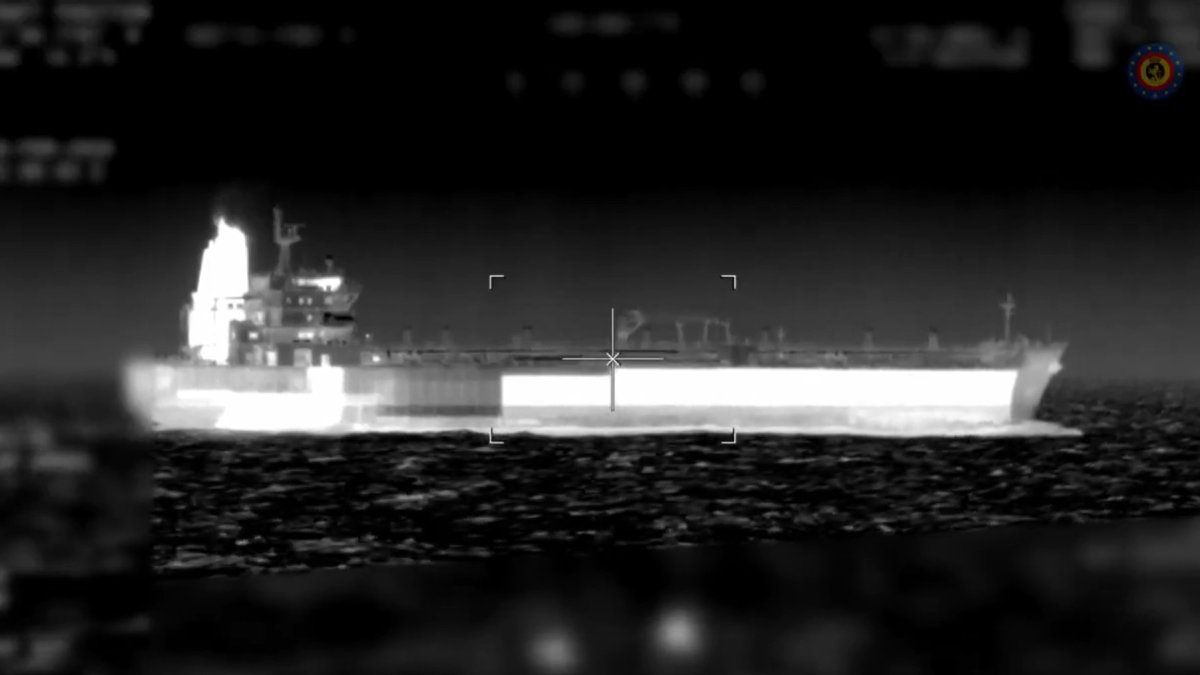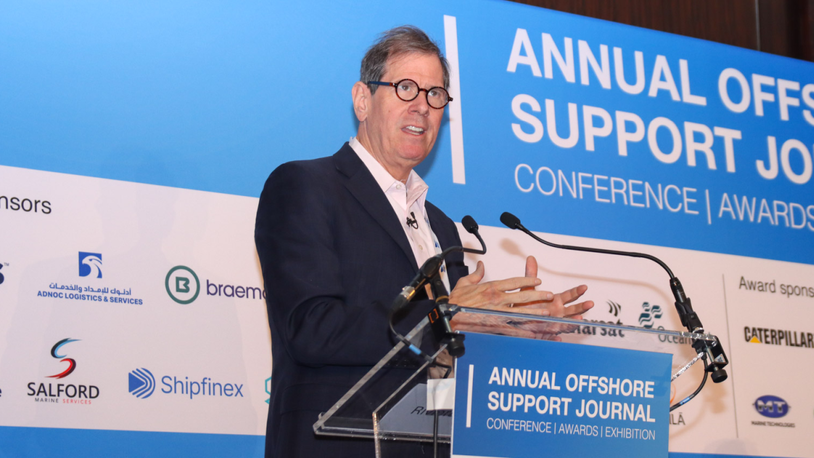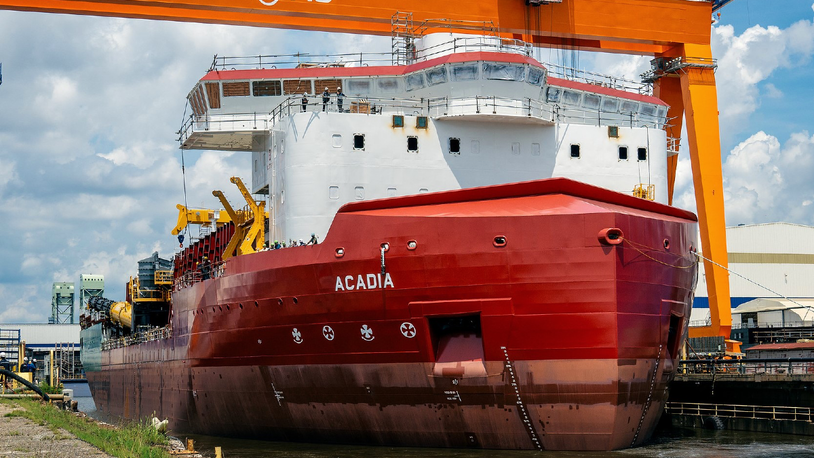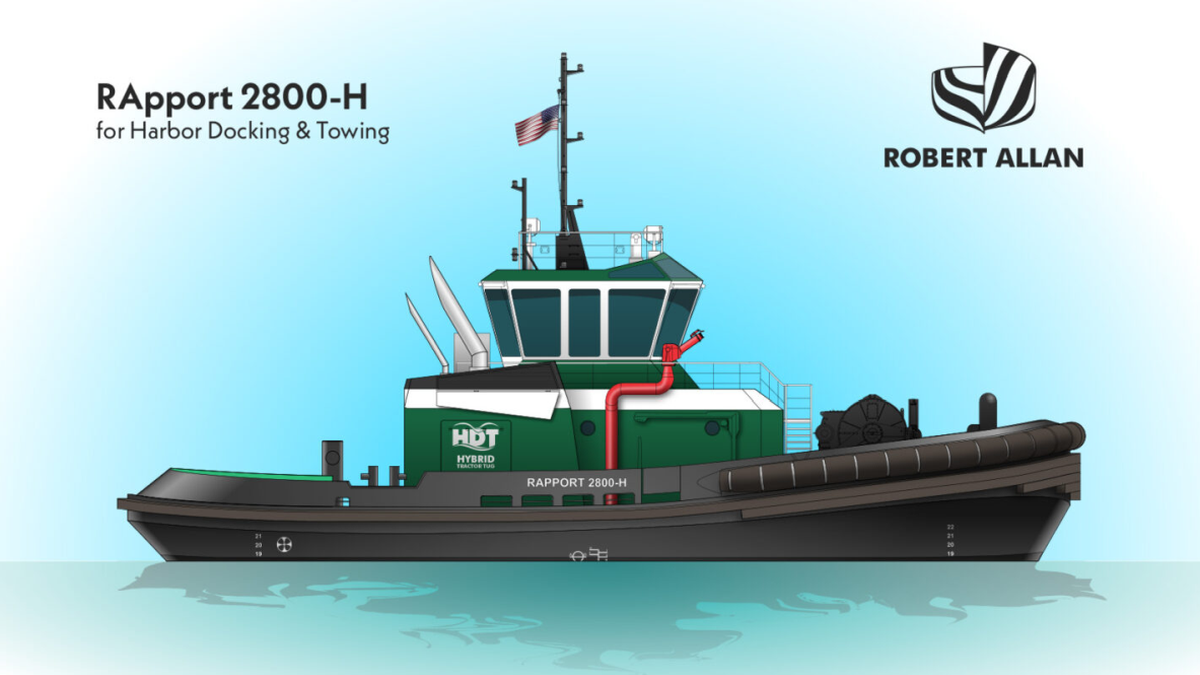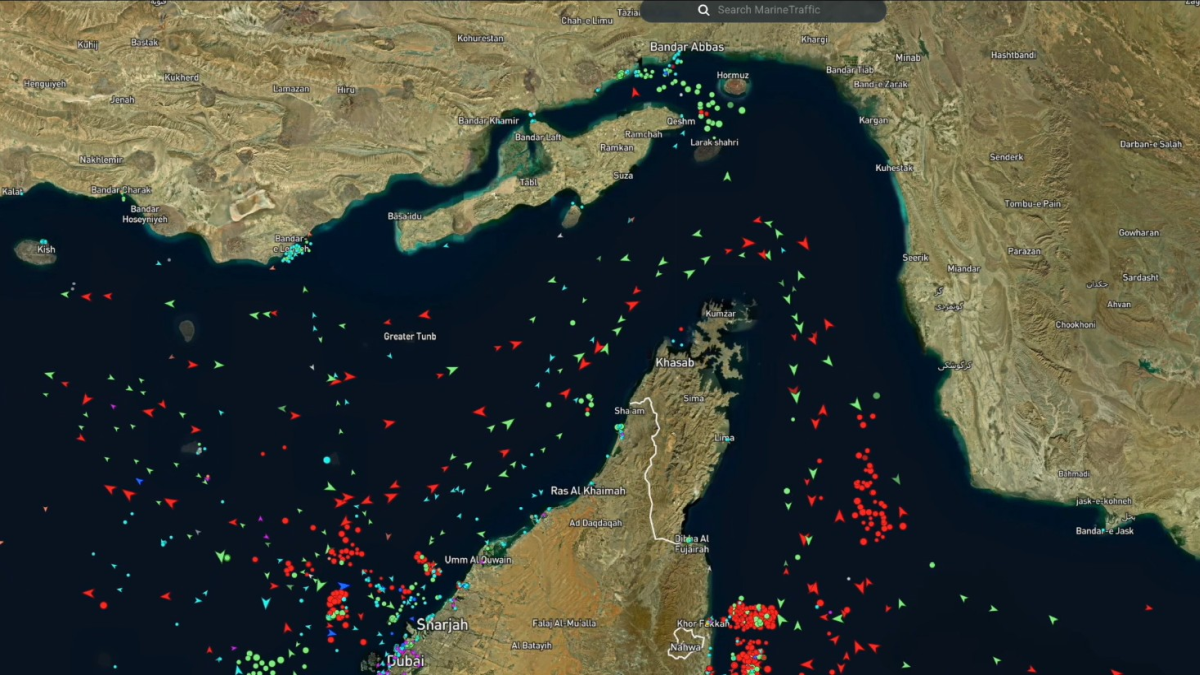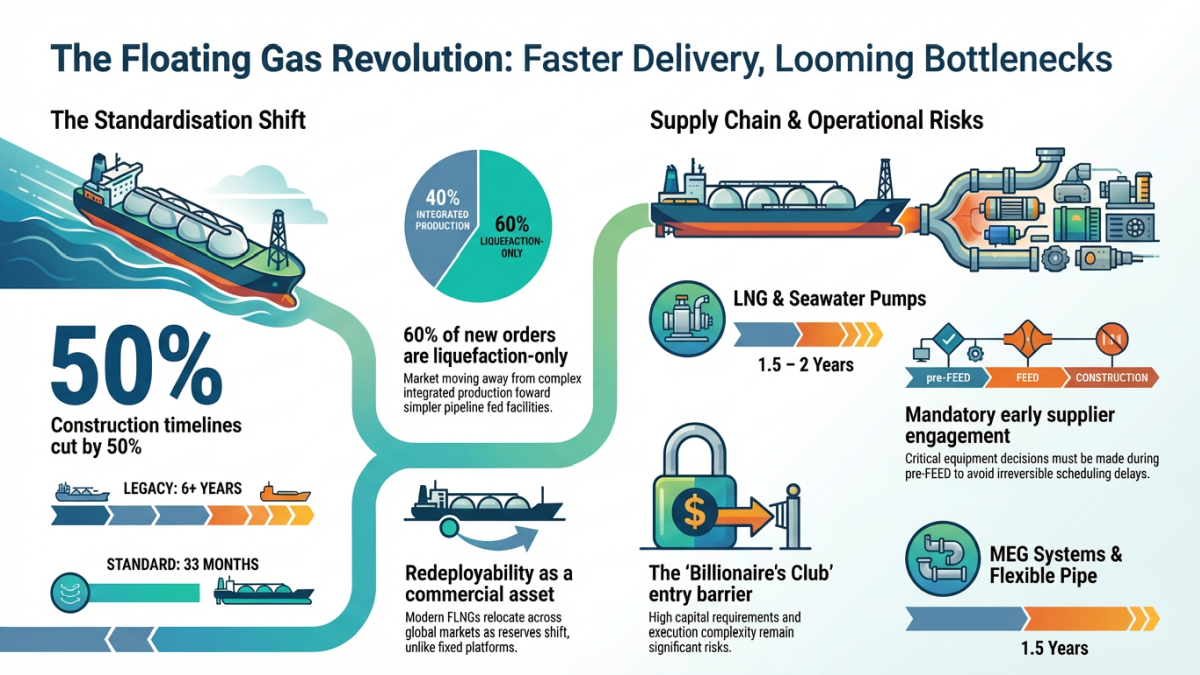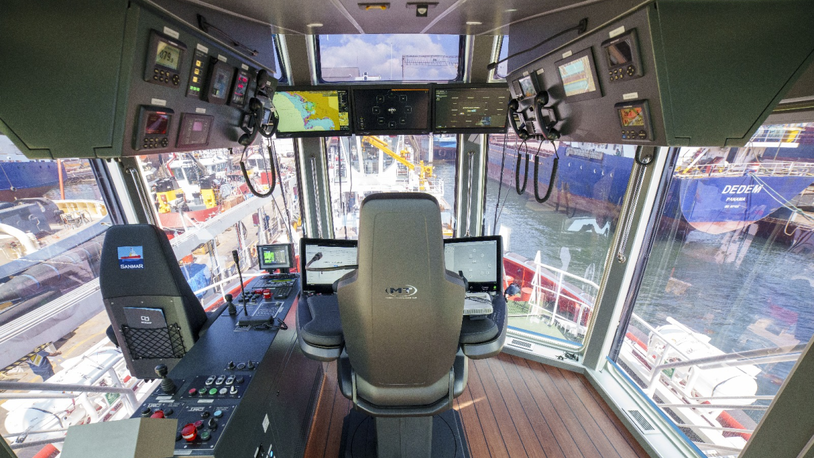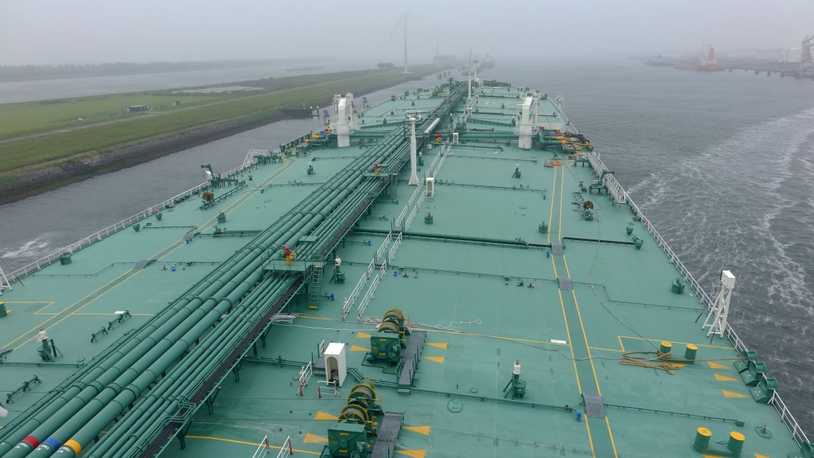Business Sectors
Events
Contents
Driving efficiency and trust: DNV’s Emissions Connect in the new EU ETS landscape
Following the expansion of the EU ETS into shipping in January 2024, the importance of accurate, reliable data has never been higher. DNV’s Emissions Connect – launched in April 2023 – provides independent third-party, real-time verification of emissions data through a user-friendly online platform. The service also functions as a decision support system for users and – critically – provides data management support, helping users to integrate emissions data into their wider operations.
The role of data in a changing maritime environment
“We’re in a whole new dimension now,” says Pål Lande, Digital Business Development Director at DNV. “A lot of work has been done in recent years, and new regulations have emerged, gradually raising the importance of emissions data. This started with the EU’s Monitoring, Reporting and Verification (MRV) regulation, which mandates emissions reporting on an annual basis.
“While MRV reporting will continue to be a requirement in itself, since January 2024 companies also have to manage the costs of carbon credits through the expansion of the EU’s Emissions Trading Scheme into shipping.”
The digital journey
While the implications of the EU ETS has changed the dynamics of emissions reporting, this has been on the horizon for some time.
“We decided to embark on a journey about four years ago, together with DNV, to handle our digital transformation,” says Lars Pedersen, CTO at Frontline, one of the largest tanker operators in the world. “This started with data collection for ESG reporting and has since evolved into reporting for the EU’s MRV regulation and IMO’s Data Collection System.”
“These were frontrunners to the EU ETS reporting and enabled a very smooth transition when this came into force in January 2024. This also means that we are well prepared for further regulations down the line, such as FuelEU Maritime.”
A paradigm shift
The implementation of the EU ETS in 2024 means that many shipowners now also need to report emissions data, and have it verified, as part of their day-to-day operations.
"The introduction of the EU ETS has created a paradigm shift,” says Lande. “While the ETS itself does not mandate daily reporting, the financial implications of emissions costs necessitate daily management of emissions data.
“Effective management of this data is now crucial, influencing everything from compliance and certification to financial accounting. It also profoundly affects how shipping companies interact with their commercial partners.”
Impact of EU ETS on commercial transactions
The complexity of commercial relationships means that clarity over emissions – and who will pay for them – is now a fundamental part of many transactions.
“Carbon costs and other liabilities need to be handled throughout the value chain,” says Lande.
“For all of this to function correctly, it is vital that there is a high degree of trust in data related to emissions, and other things like ship performance. Failure to do this correctly could lead to a lot of disputes.”
The value of verification
“Every voyage involves a commercial settlement between owners and charterers,” says Pedersen. “Before, this was limited to the hiring of the vessel, but now it also includes the settlement of emissions.”
“Having accurate, trusted data, delivered in a timely and cost-efficient way, and verified by a recognized classification society like DNV, provides it with a level of trust and security. This generates confidence throughout our own operations and helps a lot in commercial settlements.”
The importance of accurate data entry
In the new environment, accurate data entry is crucial. Frontline has already implemented several layers of its own data quality checks, which precede verification processes from Emissions Connect.
“We have established a robust reporting mechanism where the aim is to ensure that reported data is as correct as possible from the entry point. If data is outside normal operating parameters, it will be picked up at the source and sent back to the crew for re-entry,” says Pedersen.
“In addition, validation checks from DNV’s verification system are made available to the crew, who continuously work to ensure that the data is clean and correct.”
Future data requirements in shipping
More regulations are on the way, further underlining the importance of data across the maritime industry. This will include FuelEU Maritime – set to be implemented in January 2025 – while the IMO could introduce its own carbon pricing scheme within the next three to four years.
“Data is rapidly becoming an important commodity in the maritime industry, and this is going to step up even more over the coming years,” says Lande.
“Adopting best practices now and instilling a mindset across the industry which underscores the importance of accurate, reliable data, verified by an independent third party, will help shipping to harness data as a key strength. This will be crucial in its quest for decarbonization.”
Learn more about Emissions Connect
Explore the Emissions Connect modules and pricing
Related to this Story
Events
© 2024 Riviera Maritime Media Ltd.

